detail profile masashi yamamoto
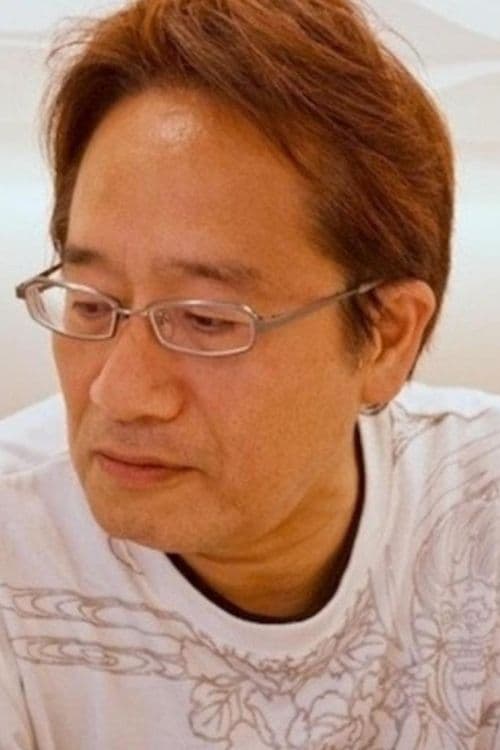
Riwayat Hidup
Born in Ōita Prefecture, Yamamoto attended Meiji University but left early to concentrate on making independent 8mm films.
His Carnival in the Night was screened at the 1983 Berlin Film Festival, and Robinson's Garden was given the Zitty Award at the 1987 edition of the Berlinale.
The latter film also earned him the Directors Guild of Japan New Directors Award.
In 1998 he was given a research fellowship from Japan's Agency for Cultural Affairs to study in New York, during which time he set up screenings of his film Junk Food in America.
Often filming those living on the margins of Japanese society, his film Limousine Drive was actually filmed in the United States.
He has also acted in some films.
Info Pribadi
Peran Yang Di Mainkan Masashi Yamamoto
 In consequence of his professional mistakes...
In consequence of his professional mistakes...Wonderful Paradise 2020
In consequence of his professional mistakes and declining career, Shuji and his family, the Sasaya’s, are forced to leave the wealthy suburb of Tokyo. The move is slow, long and heartbreaking, and the two Sasaya children, an old teenager and a young adult, unwittingly turn the grieving process into an exuberant and unpredictable farewell party!
 A sequel to the 1980 movie The...
A sequel to the 1980 movie The...The Brand New Legend of the Stardust Brothers 2018
A sequel to the 1980 movie The Legend of the Stardust Brothers. As well as being a rock musical comedy, it also borrows elements from other genres such as road movies, westerns, and meta fiction.
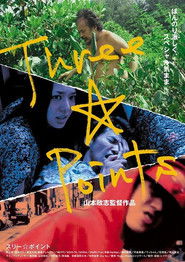 Three stories depicted in three different...
Three stories depicted in three different...Three☆Points 2011
Three stories, depicted in three different styles, unfold in three locations: "Kyoto", a lyrical improvised drama based on documentar y footage following local rappers, which is blended with fiction; "Okinawa", a documentary about intriguing characters who Yamamoto met by chance; and " Tokyo", an otherworldly love story about a man dealing with loss who drifts through life, and a woman who pretends to be his deceased wife.
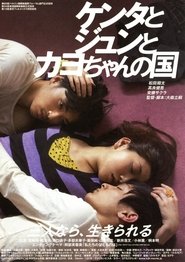 A Crowd of Three tells the...
A Crowd of Three tells the...A Crowd of Three 2010
A Crowd of Three tells the story of two men, Kenta & Jun, who grew up as almost brothers at a children's facility. Kenta & Jun now works as part of a demolition crew but become fed up with their jobs. The friends then decide to take a road trip up north to visit Kenta's brother at the Abashiri prison.
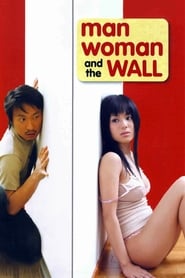 When Ryo a young magazine reporter...
When Ryo a young magazine reporter...Man, Woman & the Wall 2006
When Ryo, a young magazine reporter, moves into a new apartment he is greeted by the passionate sounds of his astonishingly beautiful neighbor Satsuki. Realizing the wall dividing their apartments is paper thin, the captivated journalist begins to eavesdrop on every detail of the girl next door's life: her conversations, her bubble baths... her breathless cries.
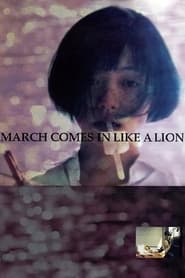 The film begins with some Polaroids...
The film begins with some Polaroids...March Comes In Like a Lion 1991
The film begins with some Polaroids of a young boy and a young girl. A female voice over tells us who these people are. They are brother and sister, she is seven and he is eight. She goes on to say that when she was seven and he was eight, she told her brother that she would marry him.
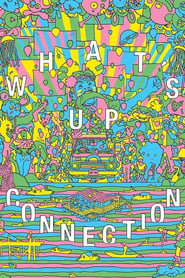 When a Hong Kong teenager from...
When a Hong Kong teenager from...What's Up Connection 1990
When a Hong Kong teenager from a poor family wins a trip to Japan, he unleashes a chain of events that will soon bring him from his secluded fishing village to Tokyo. On the way, he connects with a barely competent tour guide and a gender-fluid pickpocket. Upon returning home with this merry band of schemers, he and his family of counterfeiters discover that a multinational conglomerate led by a ruthless Japanese developer has found the village, and is determined to raze it to build the new center of world trade.
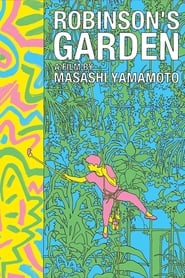 Kumi lives a hippielike life in...
Kumi lives a hippielike life in...Robinson's Garden 1987
Kumi lives a hippie-like life in Tokyo's outskirts. One night while drunk she stumbles into an abandoned industrial site, except in addition to deserted factories, it is full of forests and greenery. She decides to move there, even further away from the civilization she had already left.
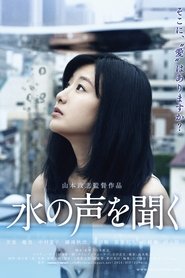 A sect is threatened to fall...
A sect is threatened to fall...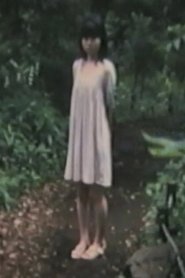 Seven women and one man gathered...
Seven women and one man gathered...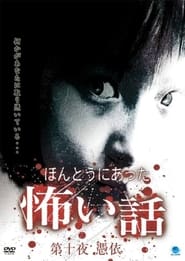 15th installment in Broadways Honto ni...
15th installment in Broadways Honto ni...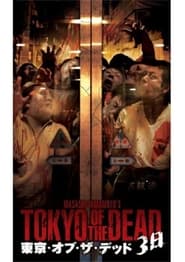
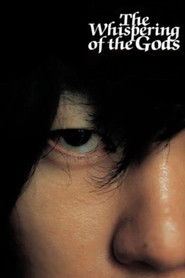 Rou has returned to the monastery...
Rou has returned to the monastery...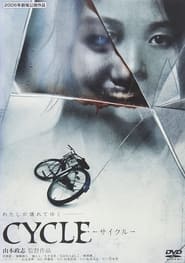 A girl sees every day a...
A girl sees every day a...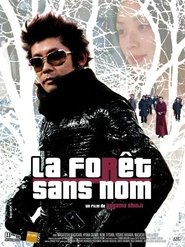 Private detective Mike takes on an...
Private detective Mike takes on an... Junk Food consists of four intertwining...
Junk Food consists of four intertwining... The newly divorsed singer Kumi is...
The newly divorsed singer Kumi is...